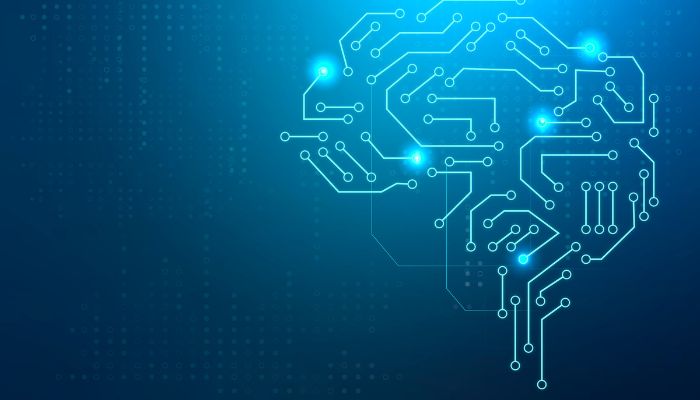The disruption brought by AI is not a fleeting moment, but an ongoing journey reshaping industries and redefining leadership. According to a McKinsey report, AI is expected to drive approximately 12 million occupational transitions by 2030. This underscores the complexity and unpredictability of AI’s impact on jobs, requiring leaders to be prepared for a range of scenarios arising from its integration.
Visionary leaders recognize that AI is a transformative tool, not a replacement for human qualities. Navigating this uncharted territory demands a shift in leadership perspectives—one that embraces collaboration with AI to build a future that is not only more efficient and innovative but also deeply human-centred. AI has already revolutionized teams and collaboration, enhancing communication and workflows through its integration into existing platforms and driving the emergence of new ones. As AI evolves, it opens doors to a future where interdisciplinary teams thrive, language barriers are dissolved through AI-powered translation, and diverse global teams collaborate to solve complex problems with unique cultural insights. The convergence of sectors and specialities further unlocks unprecedented opportunities for co-creation and innovation.
1. Lay a Strong Foundation
AI literacy serves as the bedrock for skills development and continuous learning in the workforce. Employees must understand what AI is, how it operates, the business outcomes it can drive, and the risks it may entail. Unlike mature technologies like personal computers, AI evolves rapidly, with new models and capabilities constantly emerging. This makes AI literacy a dynamic, ongoing need rather than a one-time training exercise. Leaders can integrate AI literacy into recurring, role-specific training programs and encourage employees to pursue independent learning through readily available resources. By fostering a culture of learning, organizations can ensure their teams remain agile and informed in this rapidly shifting landscape.
2. Cultivate a Learning Ecosystem
In the face of technological transformation, leaders must champion an organizational culture that values experimentation, creativity, and continuous learning. Hosting initiatives like design-thinking workshops, brainstorming sessions, hackathons, and skills-focused events can ignite curiosity and foster a growth mindset. By rewarding innovative thinking and calculated risk-taking over mere productivity, leaders can cultivate a workforce that thrives on adaptability and problem-solving. This approach not only keeps teams engaged but also prepares them to meet the challenges of an AI-driven future with resilience and ingenuity.
3. Futureproof your workforce
Effective leaders proactively identify critical roles, anticipate skill transitions, and uncover retention opportunities to align their teams with future demands. This includes redefining roles by merging tasks, automating repetitive processes, and prioritizing the development of advanced technical and human skills such as problem-solving, decision-making, and creativity. Reskilling employees to work alongside AI enhances their cognitive contributions and increases job satisfaction and engagement. A study by ServiceNow and Pearson highlights that AI and automation will necessitate reskilling and upskilling 16.2 million workers in India by 2027 while creating 4.7 million new tech jobs. This underscores the urgency of equipping the workforce with future-ready skills to thrive in the AI era.
4. Leverage Human Skills
The journey begins with educating employees about AI’s capabilities and guiding them on how to collaborate with these technologies. Leaders must inspire employees to leverage their uniquely human attributes—such as creativity, critical thinking, and empathy—alongside AI to amplify their impact. A recent World Economic Forum report reveals that 92% of business leaders consider soft skills—like communication, problem-solving, and leadership—equally vital as technical expertise. By reassigning routine tasks to AI and designing roles that focus on strategic and innovative responsibilities, leaders can unlock greater potential in their teams. Providing hands-on training sessions on AI tools can enhance employees’ confidence and proficiency, enabling them to apply technology creatively in their roles.
Leadership is about inspiring progress while honouring the human spirit. As John Quincy Adams once said, “If your actions inspire others to dream more, learn more, do more, and become more, you are a leader.” By embracing this ethos, leaders can guide their workforce to thrive in the face of transformation and create a lasting impact.
You might be also interested to read






